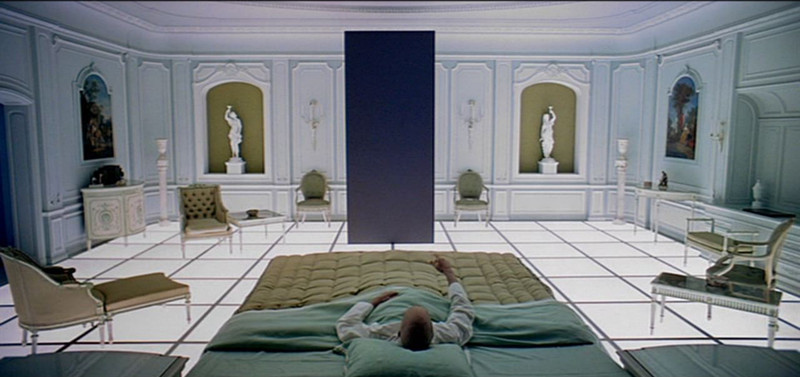
With so many movies released in a given year, it’s hard to remember that the format is a true art form. Morphing sound and movement, and colliding music and ideas, film is truly one of the most important creations throughout time. For entertainment value and to put life itself in a microcosm, there are many things that film represents for everyone.
With that being said, with so many works, only a percentage of those really last in the mind of scholars and publications, and even with that small percentage, even fewer are looked at as masterpieces, and are repeatedly taught to others as a true testament to the idea of what film really is.
As hard as it is to say what makes a film something more than just a passing of time, these are 10 films that have lasted over the decades and are still seen as an essential viewing for any fan.
10. Chinatown
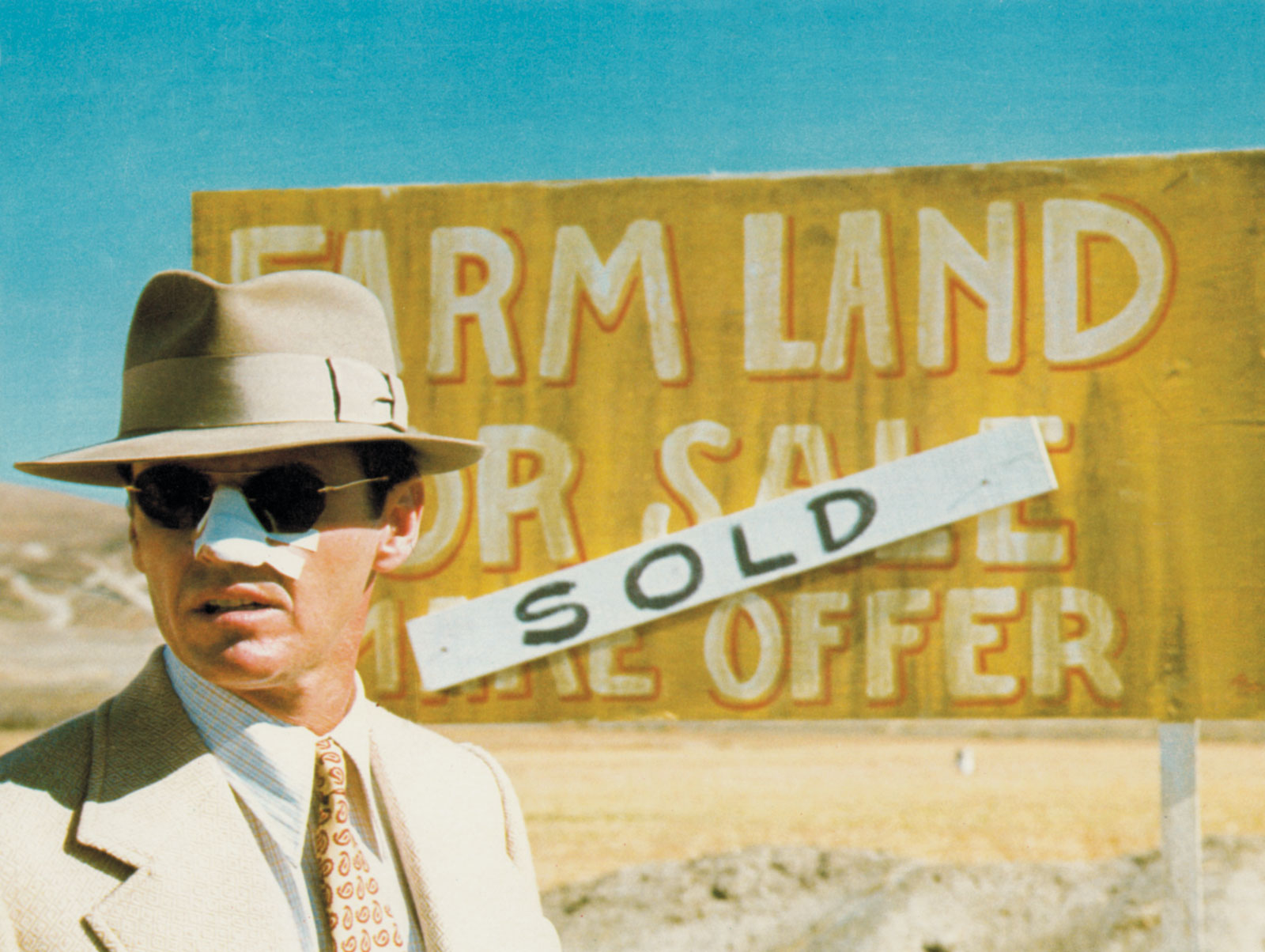
Released in 1974, Roman Polanski created one of his best films in “Chinatown.” Following the story of J.J. Gittes, played by Jack Nicholson, as he begins an investigation into Mr. Mulwray, who he believes is caught up in simple infidelity, but as the investigation leads down a deeper and stranger path than originally thought, the film takes a dark and mysterious turn.
As we move through the film and learn the dark secrets of the Mulwray family, we also learn the dark secrets of the society in which this film exists. A gritty and brilliant film that shows the main character struggle with all things that a dangerous job can create, something that isn’t always seen in a cop-esque film.
Along with a great mystery, the film ends with one of the most famous lines in film history as the audiences as well as the main character are left to struggle with the dangers of the world as well, as with its cold resistance to allowing what should happen and how things should be. Illuminating that not all things are perfect and all we are left with is that this is just how some things are, in Chinatown.
9. The Godfather
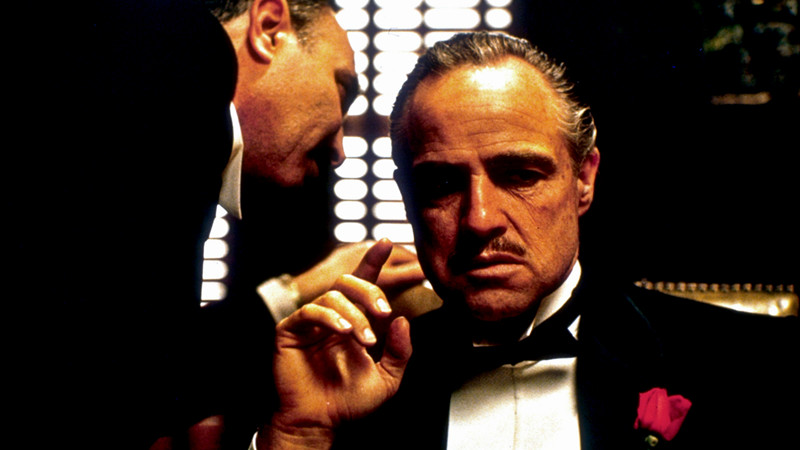
This mob-based drama directed by Francis Ford Coppola and released in 1972 is widely regarded as one of the best films ever made. We’re introduced to the powerful and all-encompassing Corleone family and their youngest son Michael, played by Al Pacino, as he reluctantly joins the family business and slowly gets drawn deeper and deeper into the mob life.
The film, coming in at 178 minutes, is a true epic containing one of the best and most recognizable scores in all of film. With brilliant acting from Pacino, Marlon Brando, James Caan and Robert Duvall, and a fantastic script and set design, the film has what all films should be composed of.
With great acting, script, and scenes, the film creates mood and imagery that have been studied in just about every film class and will continue to be taught and talked about for the rest of time, making it by far one of the most studied films.
8. The Cabinet of Dr. Caligari
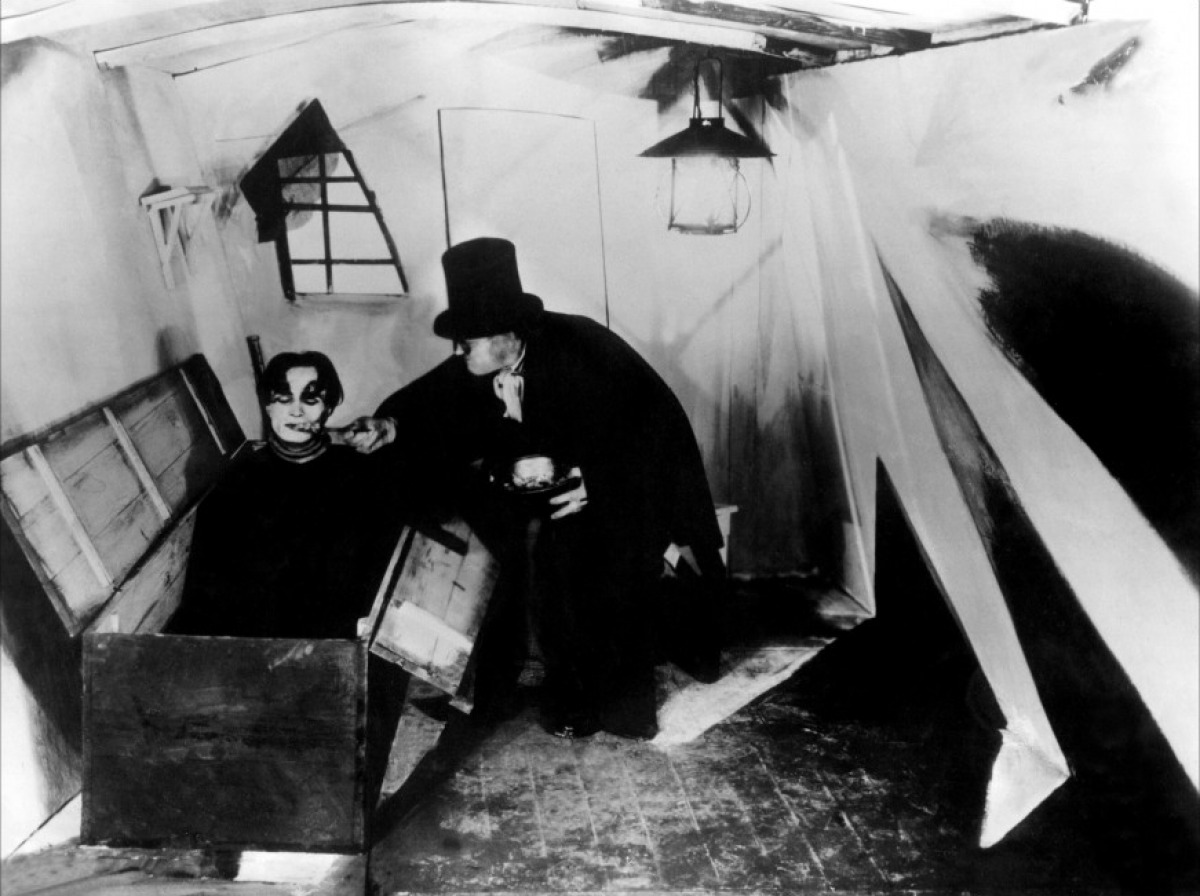
In 1920, film was still in its infancy. When watching films from that time period, many wouldn’t recognize it compared to today’s films, but that doesn’t mean those from that time period should not be seen as greats. “Dr. Caligari” is one of those films.
The film centers on an insane hypnotist who, while at a carnival, shows off his attraction to a man named Alan. The person who’s attracted to him? A somnambulist named Caesar who can tell the future. While Caligari is showing off Ceaser, Ceaser predicts that Alan will die. Then, in the morning, the body of Alan is found dead, making Caesar the prime suspect.
With its dark and surreal landscape of jaggedly painted streets and rooms, the film is the quintessential film when it comes to the German Expressionist movement and remains one of the most taught films because of this.
7. The 400 Blows
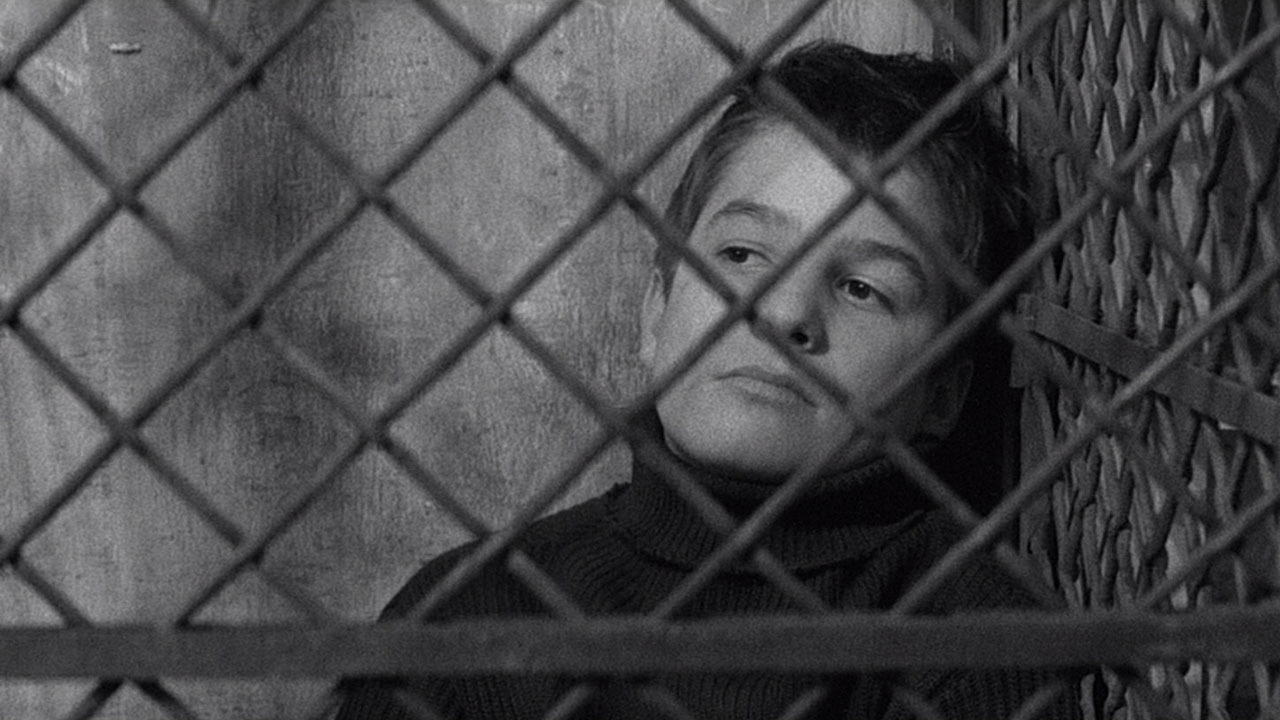
Directed by Francois Truffaut and released in 1959, the film centers around a young rebellious boy named Antoine. Being surrounded by unempathetic adults and authority figures, Antoine’s rebellious attitude finds him in constant trouble, and later sent off to a home for children that are more like him.
“The 400 Blows” is one of the most important films when looking at the French New Wave movement, combining many of the themes that the genre had been known for, such as questioning authority and going against what was seen as the normal ways of creating.
The film would go onto open the 1959 Cannes Film Festival and win Truffaut the Best Director award, as well as being nominated for Best Original Screenplay at the Oscars. “The 400 Blows” continues to be recognized as one of the best films ever made as it is constantly ranked at least in the top 20 when it comes to ranking lists, and is one of the staple films when looking at one of the most important film movements in cinema history.
6. Seven Samurai
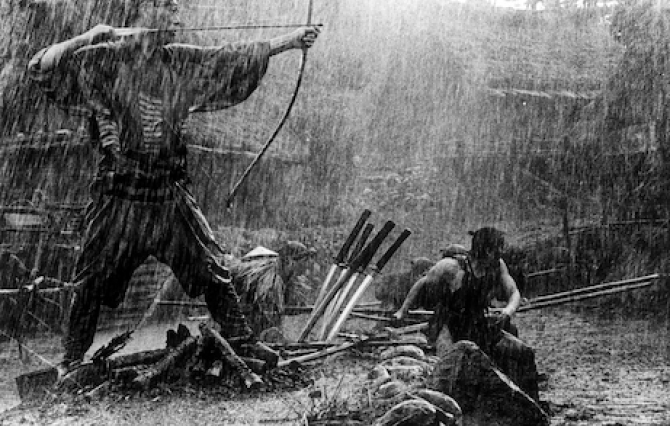
“Seven Samurai” tells the story of a small village in Japan during the Sengoku period, who hire a group of samurai to protect them from a group of bandits who come and steal the village’s crops. It is considered to be one of Kurosawa’s greatest films, which is no small feat considering his other works.
The film is also considered one of the most influential films ever made, creating a simple plot that has been remade and used in hundreds of different films since its release. The film would go onto be one of Japan’s highest grossing films of all time, and further solidify Kurosawa as one of the greatest directors of all time. With its epic size (originally 207 minutes) and vast storytelling ability, it has become an easy choice when studying films, and when looking at its editing, among other things, it’s easy to see why this film is studied as much as it is.